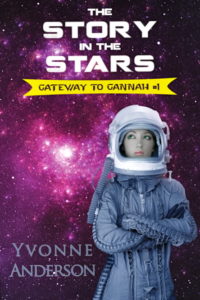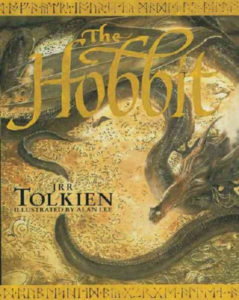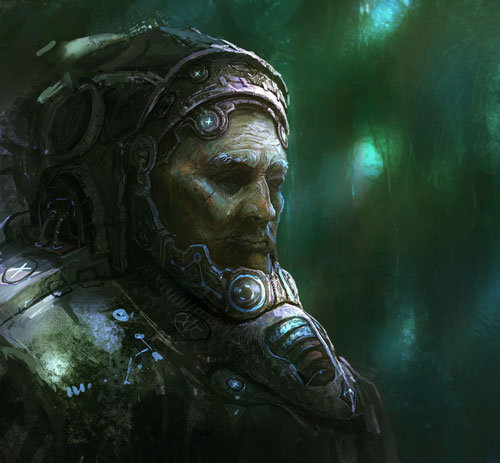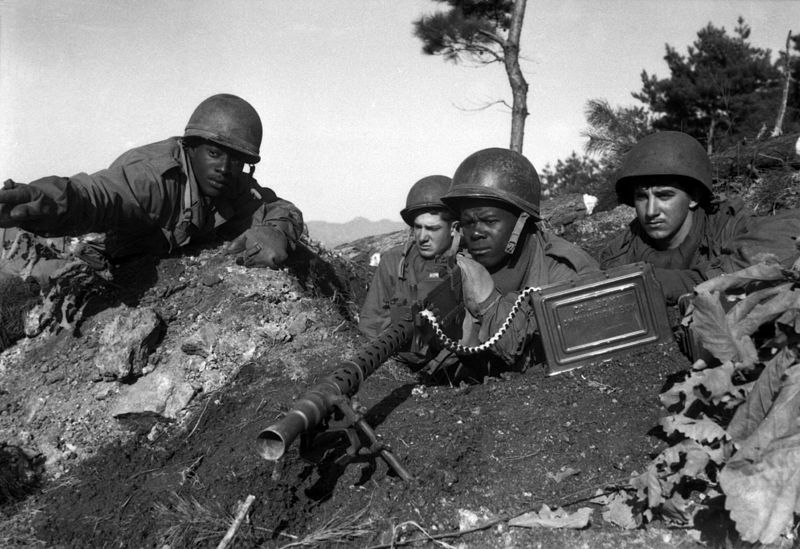The Power Of Christian Fiction
The spectrum of Christian fiction literature is broad. Does it have the power to change lives? How responsible is the author for his workâs influence? How far is too far? Todayâs fiction author is much more than a story teller, and the power of the pen has never been more available than it is today in a world obsessed with fiction.
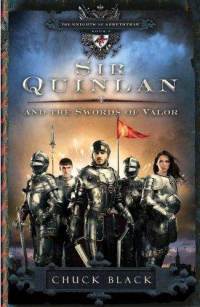 Traveling throughout the country from coast to coast promoting books and speaking at conferences has allowed me access to a veritable plethora of Christian perspectives on fictional literature. âI donât read fictionâŠit has no bearing on real lifeâ, and âI only read the Bible; itâs the only book that countsâ would characterize at least a couple of those perspectives. Others embrace Twilight, Harry Potter, Lord of the Rings, and every other fictional work you can imagine.
Traveling throughout the country from coast to coast promoting books and speaking at conferences has allowed me access to a veritable plethora of Christian perspectives on fictional literature. âI donât read fictionâŠit has no bearing on real lifeâ, and âI only read the Bible; itâs the only book that countsâ would characterize at least a couple of those perspectives. Others embrace Twilight, Harry Potter, Lord of the Rings, and every other fictional work you can imagine.
Iâm sure I havenât heard it all, but Iâve heard a lot. It motivated me to investigate the answer to some very important questions. Just how worthwhile is Christian fiction? Does it influence people in a way that is lasting and real? Does it motivate one to the ultimate goal of honoring, serving, discovering, and pleasing God?
These are serious questions that deserve serious answers because Iâve spent a lot of my time and energy writing fiction. I faced these questions and the dilemma they brought to my mind at the beginning of my writing career. I needed objective, biblical answers. I reasoned that if Christian fiction had no place in Godâs heart, then it shouldnât have a place in mine. I decided I would walk away from my fiction writing if thatâs where God was leading. For answers, I turned to the only book that whispered Godâs absolute truth in my heart, the Bible. I was hesitant but committed to finding the answers, and I approached His Word with a willing heart to hear and follow His reply.
The Lord led me to Samuel where the prophet Nathan employed a fictional story of a rich man with many flocks and a poor man with one lamb. At the conclusion of the story, David was convicted, broken, and repentant before God for his grievous sin. Nathanâs clever use of fiction subtly prepared Davidâs heart for the crushing blow of truth.
An effective fictional story tends to impact most people that way. It is as though the picture of truth has quietly occupied the room of their heart and suddenly the curtains are thrown back to allow the brilliance of enlightenment to be revealed in an instant. Can a fictional story change lives? I discovered that the answer is a resounding yes, for it brought a powerful king to his knees in submission to truth!
Discovering such dramatic answers to my first questions surprised me so much so that the next question that followed was even more penetrating. How responsible will God hold me for the influence I have over my readers? I realized that I was not just an author exploring my own creativity for the mere joy it brings me, but rather I was and am a teacher. Godâs Word has some serious things to say about teachers ⊠serious enough to make me tremble. An author is a teacher that often has more influence than one standing in front of a classroom. Why more influence? Because authors have the ability to reach into the mind of a reader and touch their souls. We manipulate emotions, question paradigms, and attach our characters to the readerâs heart all in the quiet of a bedroom or a favorite reading nook with no one else to distract our student from the lesson. Itâs a lot of influence and a lot of power, and the greater the influence the greater the responsibility. Godâs Word says, âMy brethren, let not many of you become teachers, knowing that we shall receive a stricter judgment.â Thatâs what makes me tremble and has forced me to evaluate one more question.
I think perhaps my final question to release me into the world of writing fiction is one that all believers that have picked up the pen have pondered. Where is the line drawn for what is acceptable as a Christian fiction writer ⊠how far is too far? This was the toughest one to answer because the Bible is silent on many things.
Every author must answer this for himself or herself. For me, I started with where the Bible wasnât silent and let those boundaries be my boundaries, boundaries that I would not compromise on â my absolutes. In between those boundaries there is a universe of creativity and imagination waiting to be explored.
My next series drives right up to the boundaries and stops. It is edgy, definitely speculative, but every word falling within what the Lord has given me as biblical boundaries so that the stories will honor and serve only Him.
Through The Kingdom Series and The Knights of Arrethtrae series, I have discovered an insatiable thirst in the hearts of Christians everywhere for stories of hope, courage, redemption, faith, and love. Stories that inspire one to valiance. It is a precious and frightening responsibility to pen words that will teach another of such things. And if the keyboard were not my pen, you would see the quiver in my lines of ink because fiction is powerful. It changes people, and people lead families and rule countries. In the end, I want most to please God and am aching to hear those precious words when Iâve finally breathed my last and let my pen fall from my grip, âWell done my good and faithful servant.â



































 Who would object to that last, anyway? I would only say the columnist has no Truth basis to object to materialism, childrenâs greed, and going into debt to âgive.â After all, certain U.S. government leaders are having a fine and dandy time endorsing all three societal ills. Why not bring this to the individual level? What objective morality opposes materialism?
Who would object to that last, anyway? I would only say the columnist has no Truth basis to object to materialism, childrenâs greed, and going into debt to âgive.â After all, certain U.S. government leaders are having a fine and dandy time endorsing all three societal ills. Why not bring this to the individual level? What objective morality opposes materialism?
 It wasnât C.S. Lewis who created this concept, yet according to biographer Alan Jacobs in
It wasnât C.S. Lewis who created this concept, yet according to biographer Alan Jacobs in 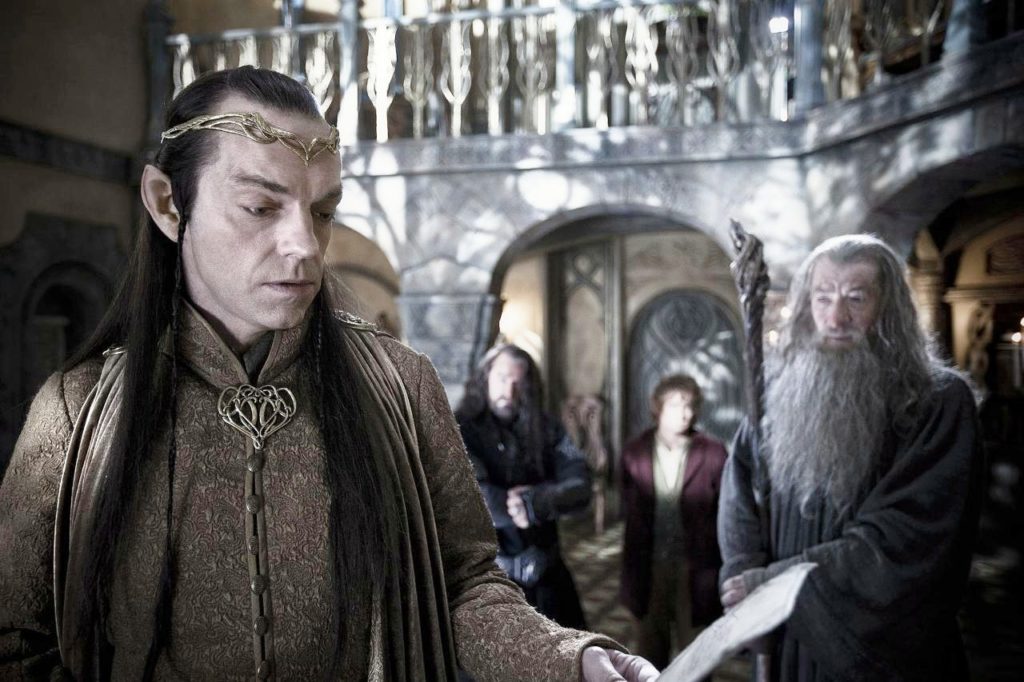


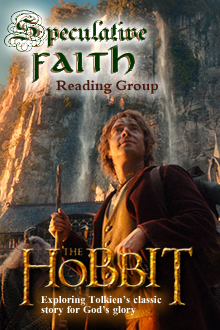


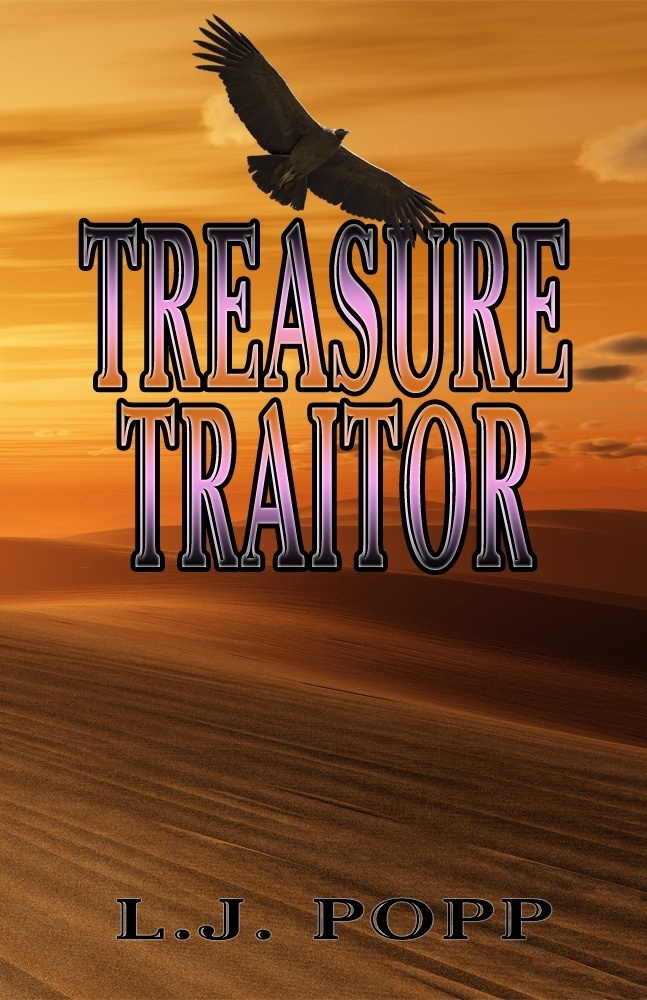
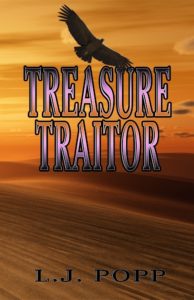







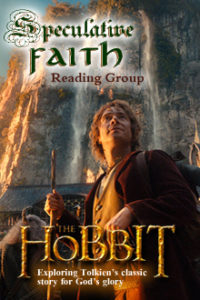


 It wasnât much to start with, but it was enough. In the course of a series of divinely-arranged circumstances, I boarded a jet in Ohio (my first experience flying since 1975) and flew to Dallas, Texas for the annual American Christian Fiction Writers conference, ready for⊠I had no idea what. It was a writersâ conference, and I wanted to be a writer. That was the extent of my expectation.
It wasnât much to start with, but it was enough. In the course of a series of divinely-arranged circumstances, I boarded a jet in Ohio (my first experience flying since 1975) and flew to Dallas, Texas for the annual American Christian Fiction Writers conference, ready for⊠I had no idea what. It was a writersâ conference, and I wanted to be a writer. That was the extent of my expectation.